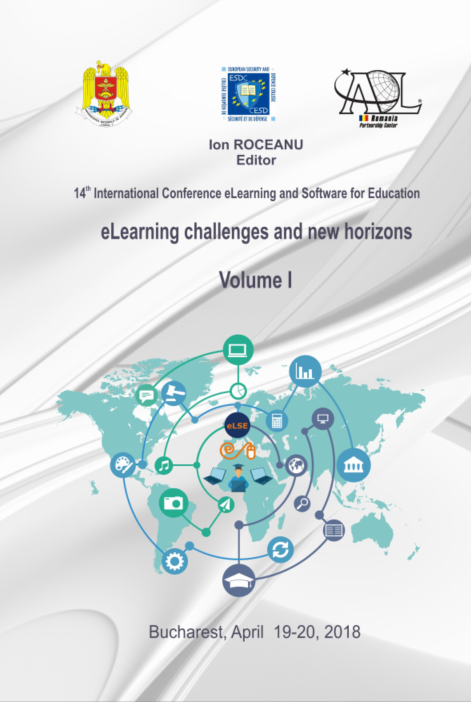Does the Capacity of Identifying the Student Emotion Expand the Potentialities for e-Learning?
Does the Capacity of Identifying the Student Emotion Expand the Potentialities for e-Learning?
Author(s): George Lăzăroiu, Gheorghe H. Popescu, Ionel MOHÎRȚĂ, Raluca-Ștefania Balica, Gheorghe CojocariuSubject(s): Social Sciences, Education
Published by: Carol I National Defence University Publishing House
Keywords: student emotion; adaptive e-learning settings; online course;
Summary/Abstract: A booming stream of research (e.g. Ortigosa et al., 2014) insists that the utilization of computers in education has been instrumental for learners and teachers. The particular information to be gathered requires the objectives of the adaptive e-learning system. In learning frameworks, being able to identify and handle information concerning the students’ emotions at a particular moment may be essential in grasping their possible demands at that time. What makes our research novel is that we investigate the way adaptive e-learning settings may utilize such information to accomplish those requirements at runtime, supplying the user with instructions about undertakings to deal with or subject matter to network with, adjusted to student’s emotional state. Information regarding the student emotions with regard to a course may serve as reply for the teacher. Our paper builds upon and advances existing research clarifying that, in online courses, there may be almost no direct interaction between learners and teachers and thus less feedback. Adaptive Hypermedia (AH) can be employed in the circumstances of e-learning to reinforce personalized learning, by advancing the most satisfactory assignment to be carried out by each learner systematically, in addition to the most relevant multimedia constituents to be displayed to each of the students, in relation to personal characteristics, choices, prior undertakings, framework, etc. CoMoLE (Context-based adaptive Mobile Learning Environments) is an adaptive e-learning system instrumental in grasping the user sentiment, bolstering the configuration and changing generation of e-learning settings able to (i) suggest separate or shared undertakings to be accomplished by each learner or group in consonance with each one’s demands, precedent operations, predilections, or circumstances routinely, and (ii) bring about separate or shared workspaces to reinforce the completion of each undertaking while in progress, consistent with the task to be accomplished, in addition to the user or group characteristics.
Journal: Conference proceedings of »eLearning and Software for Education« (eLSE)
- Issue Year: 14/2018
- Issue No: 01
- Page Range: 147-152
- Page Count: 6
- Language: English

